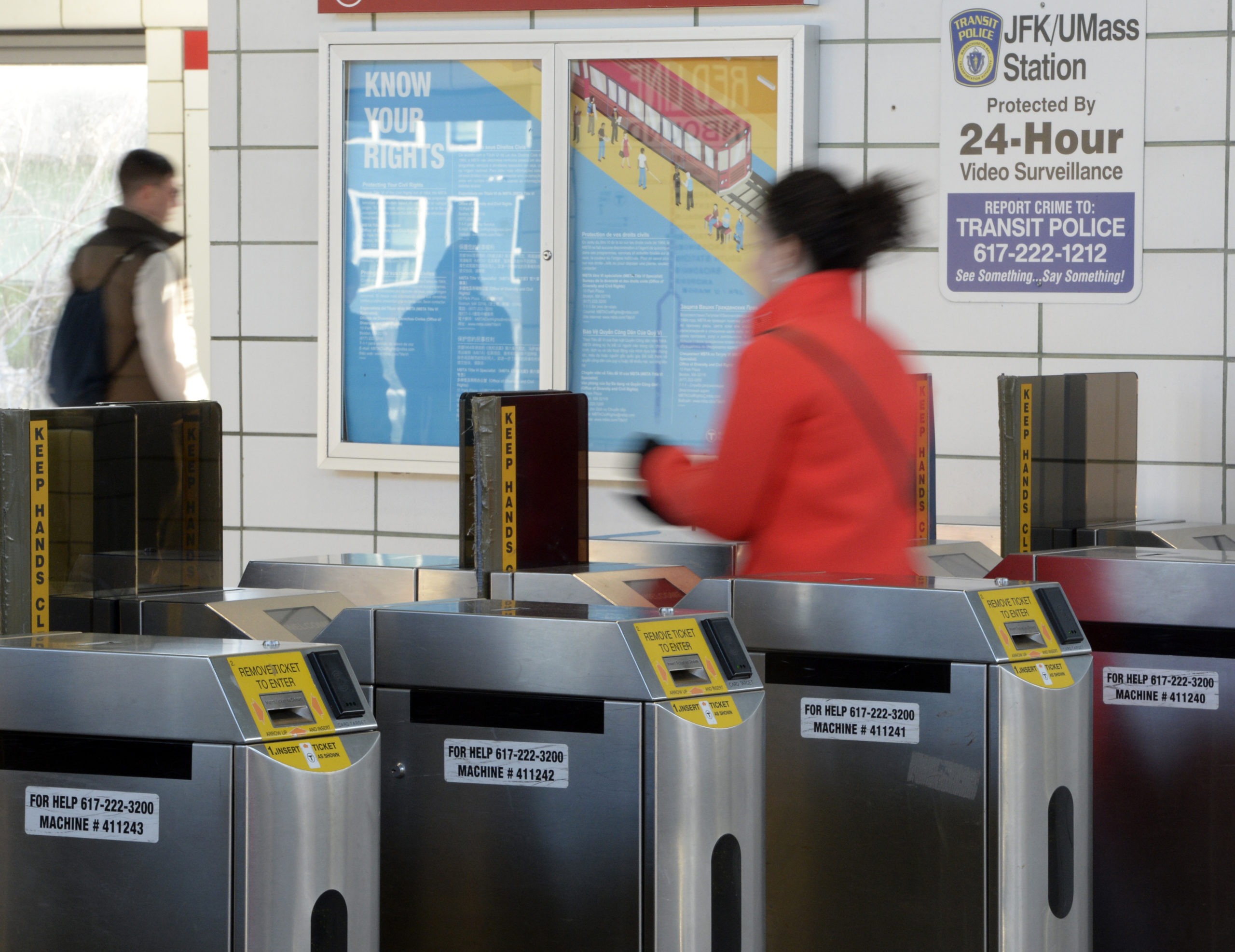Cities Should Push For Zero-Fare Transit
Public transportation is a critical lifeline—it’s how people get to their jobs, doctors, food, and education. Cities should work to make it accessible and available to everyone, and the federal government must support those efforts.

The Point
Public transportation is a critical lifeline—it’s how people get to their jobs, doctors, food, and education. Cities should work to make it accessible and available to everyone, and the federal government must support those efforts.
City leaders can make zero-fare transit a reality:
- City leaders can look to Kansas City to start. Kansas City is the first metropolitan area in the United States to implement city-wide zero-fare public transportation. The city rolled out zero-fare transit in stages, beginning with veterans, then students, and then a unanimous vote to make transit free for everyone.
- Providing transportation to people is a far better use of tax dollars than criminalizing the access of those who cannot afford it. New York City’s decision to “add 500 police officers to a transit force of 2,500” instead of using the money to “subsidize fares for people living in poverty” is a noteworthy example of ineffective and misplaced budget priorities.
- Mayors will also need to work with congressional leaders and the new administration to make their public transit priorities clear because federal funding and support is critical to achieving zero-fare transit. The Freedom to Move Act, a bill introduced last year by Rep. Ayanna Pressley and Senator Ed Markey and championed by Boston City Councilor Michelle Wu, would “support state and local efforts to promote public transportation as a public good for all.”
- As a former mayor himself, Secretary of Transportation Pete Buttigieg is uniquely positioned to include prioritizing public transit accessibility in the Biden administration’s infrastructure priorities—something Kansas City Mayor Quinton Lucas proposed this week on Appeal Live.
Zero-fare transit builds safety, stability, and equity:
- People rely on public transit to get to jobs, grocery stores, medical appointments, schools, and childcare, all of which allow people to more fully participate in their communities. “Eliminating fares makes public transportation more accessible to lower-income residents, giving them more options for a ride to work or school and opening up greater employment opportunities over a wider geographic circle,” the Charlotte Observer editorial board noted recently.
- A recent study concluded that allowing riders to keep fare money in their pockets could lead to at least a $13 million increase in the regional gross domestic product in the Kansas City area.
- Charging people money to ride public transportation can create significant burdens and barriers for individuals—including those with prior involvement in the criminal legal system. But fare revenue often provides only nominal financial benefit to the government and leads cities to spend otherwise unnecessary resources on enforcement.
- Zero-fare transit is also a racial equity issue, as laid out by Transit Center in reports responding to the transportation needs of essential workers during the COVID-19 crisis. The lack of, or limited availability of, affordable transportation disproportionately impacts Black and Latinx riders.
Dive Deeper
- Public Transportation Should Be Free. The COVID-19 pandemic has made it impossible for us to ignore this any longer
- Why Cities Are Making Public Transportation Free. Kansas City Mayor Quinton Lucas and Boston City Councilor Michelle Wu join The Appeal Live to talk about making public transportation fare-free.
- How Public Transit, State Reform, and DA Practices Can Counter Driver’s License Suspensions. While Durham pursues an initiative to reinstate driver’s licenses, a Duke University decision sets back local residents’ mobility.

